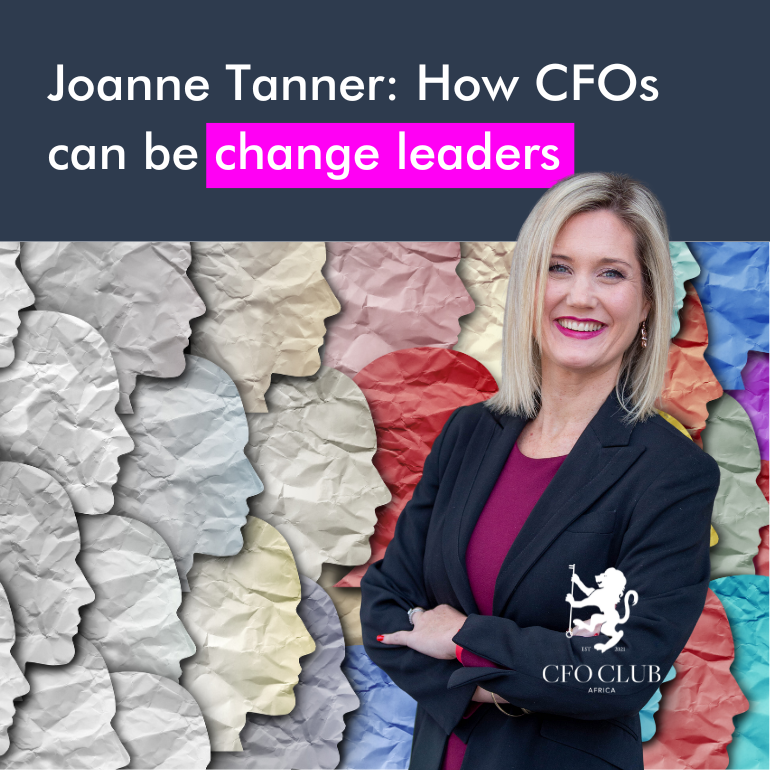Written by Staff Writer
CFOs are increasingly driving automation and modernisation at their firms, Joanne Tanner, CFO of Decision Inc., recently told a CFOConvo webinar. Joanne gave practical advice on how CFOs can overcome institutional resistance.
Joanne Tanner is the CFO of Decision Inc. “We help companies reinvent themselves by bridging the digital divide between what we consider business ambition and technology opportunity,” explains Joanne.
Decision Inc. helps 400 clients from across the globe and finds that CFOs are often at the forefront of helping their firms automate.
“I definitely think that in most organisations, it is the CFO who is driving the change because it is the CFO who is ultimately responsible for getting the reporting out monthly and getting that information and those analytics out to the business…but they cannot do it in isolation.”
Perhaps because they’re often driving change, the role of CFOs is evolving fast. “We have to become almost change management experts, which is a very different way of looking at life for a CFO.”
“We have to help the organisation through this process. It’s not so scary so empathy is a skill that CFOs have to work on if they’re not already working on it.”
Joanne also has practical advice for CFOs leading change and automation tasks.
Start small, and watch how automation becomes addictive
Often, there is resistance to automating from within a business, and CFOs struggle to obtain budget and buy-in.
“Take it small into your area just dealing with your team or if you can see an area in the business which could do with some help because a process is manual,” says Joanne.
It’s also crucial to involve others.
“Let your team take the lead. Provide support and tools, etcetera, but ask what they find tedious? What repetitive manual tasks are they not enjoying that they would like to automate?
“Once the team’s been through the process of automating a single task, they can see and feel the benefit, then you get a bit addicted to the automation, and they’ll want to automate the next thing.
“Then word spreads within the organisation, and then you start to achieve buy-in because then other areas can see how it’s helped you and then go after more ambitious projects.”
“It’s not just about finance”
Once you have buy-in for more significant projects, it’s essential to consider needs that may fall outside of your department.
“If I take it up a level and you look at the organisation itself, I think it’s important to understand what type of tool the organisation could have that could benefit everyone because it’s not just about finance,” Joanne told the webinar.
“It might not be a financial tool. It could be something completely different… As a CFO, you should support and help the organisation on its journey.
“Then, when it comes to something that you want, [for instance] a new consolidation tool or upgrade your ERP, it’s a lot easier to get that buy-in.”

